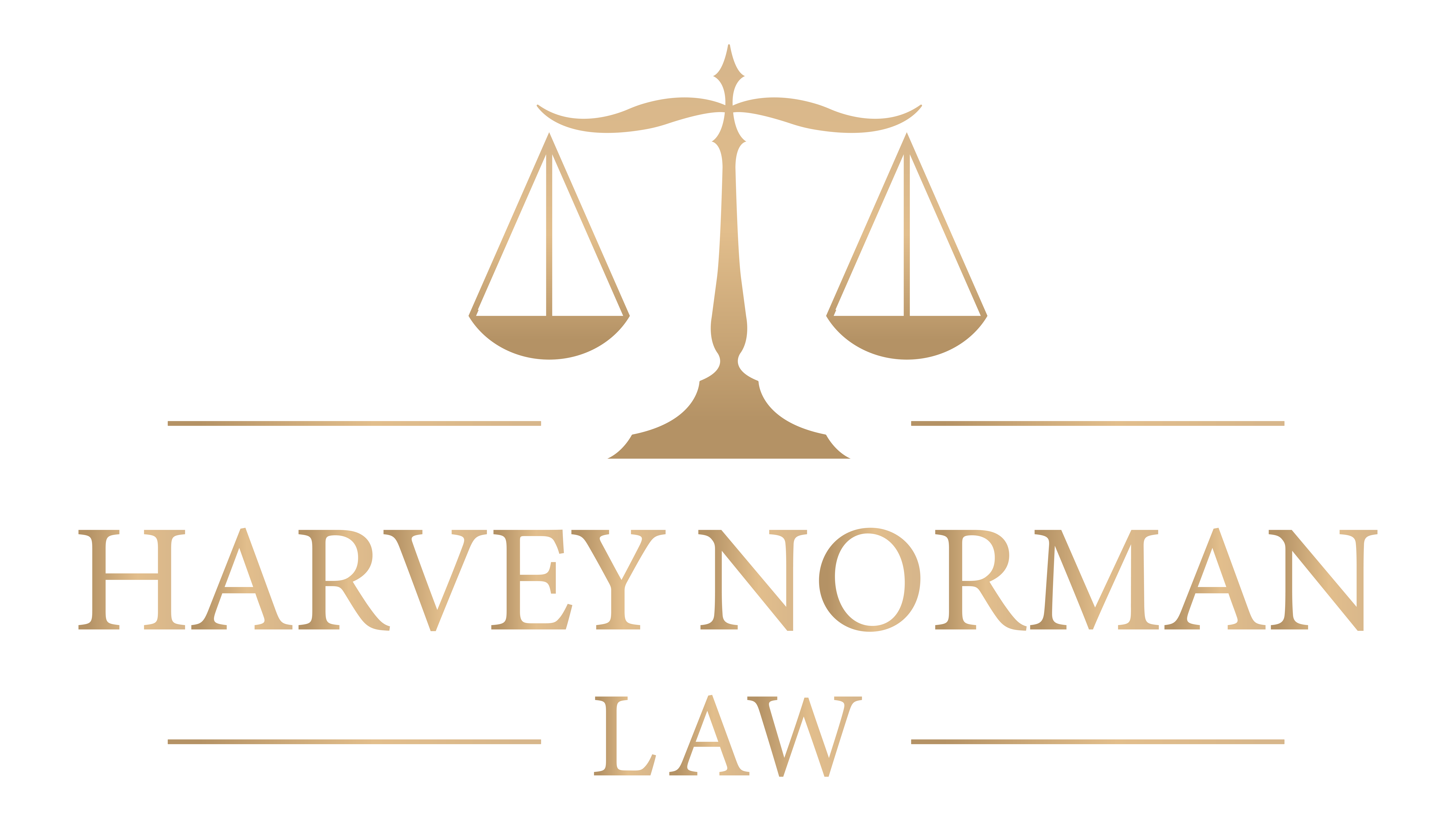Remote Online Notarization (RON) in Michigan: Preparing for Potential Changes
Michigan has permitted limited remote notarization since 2018, primarily under emergency orders and restrictive rules. Currently, House Bill 5882—which would substantially modernize the Michigan Law on Notarial Acts (MiLONA)—has passed the Michigan House but remains pending in the Senate Government Operations Committee as of June 2025. If enacted, the law would authorize any commissioned Michigan notary to perform remote electronic notarizations using state-approved platforms, subject to rigorous identity verification and video-recording standards.
Anticipated Key Provisions (Pending Final Approval):
Universal Eligibility: Existing e-notary commissions would automatically include Remote Online Notarization (RON) authority without requiring additional applications or examinations.
Interstate Recognition: Proposed legislation explicitly supports interstate acceptance of RON transactions, potentially removing concerns about validity across state lines.
Enhanced Record-Keeping: HB 5882 proposes a mandatory ten-year retention period for audiovisual recordings and secure transaction logs, aligning Michigan with uniform national standards.
Expanded Platform Options: The legislation anticipates approving multiple digital notarization platforms, enhancing competition and user experience. Specific approved providers and pricing details are yet to be finalized.
Potential Business Advantages:
Faster Transaction Closings: Companies could complete international document signings such as operating agreements and IP assignments through virtual meetings.
Enhanced Audit Trails: Digital notarizations could provide clearer, more robust audit trails than traditional methods.
Cost Efficiency: Digital notarizations may significantly reduce costs compared to courier services or travel requirements, although specific pricing will depend on individual platforms.
Preparation Checklist (Anticipatory):
Research digital notarization platforms that might integrate effectively with your document management systems and meet anticipated privacy requirements.
Consider updating document templates to reflect potential remote notarization language under the anticipated MCL 55.286e, pending its enactment.
Begin training staff and notaries on rigorous identity verification processes expected to be required for all remote notarizations.
Plan for future systematic archiving methods to handle audiovisual recordings and audit logs as part of corporate records management.
While digital notarization could significantly streamline processes, traditional notarization methods will continue to be available, ensuring flexibility and compliance during and after any legislative transition.
Disclaimer & Next Steps
This article is provided for general informational purposes only and does not constitute legal, tax, or accounting advice. Reading it does not create an attorney–client relationship with Harvey Norman Law or any of its attorneys. Laws and regulations change rapidly and can vary by jurisdiction; you should consult qualified counsel about your specific situation before acting on any information herein. If you have questions or need tailored guidance, reach out to Harvey Norman Law below. We’re ready to help you protect, launch, and grow your business—start the conversation today.
